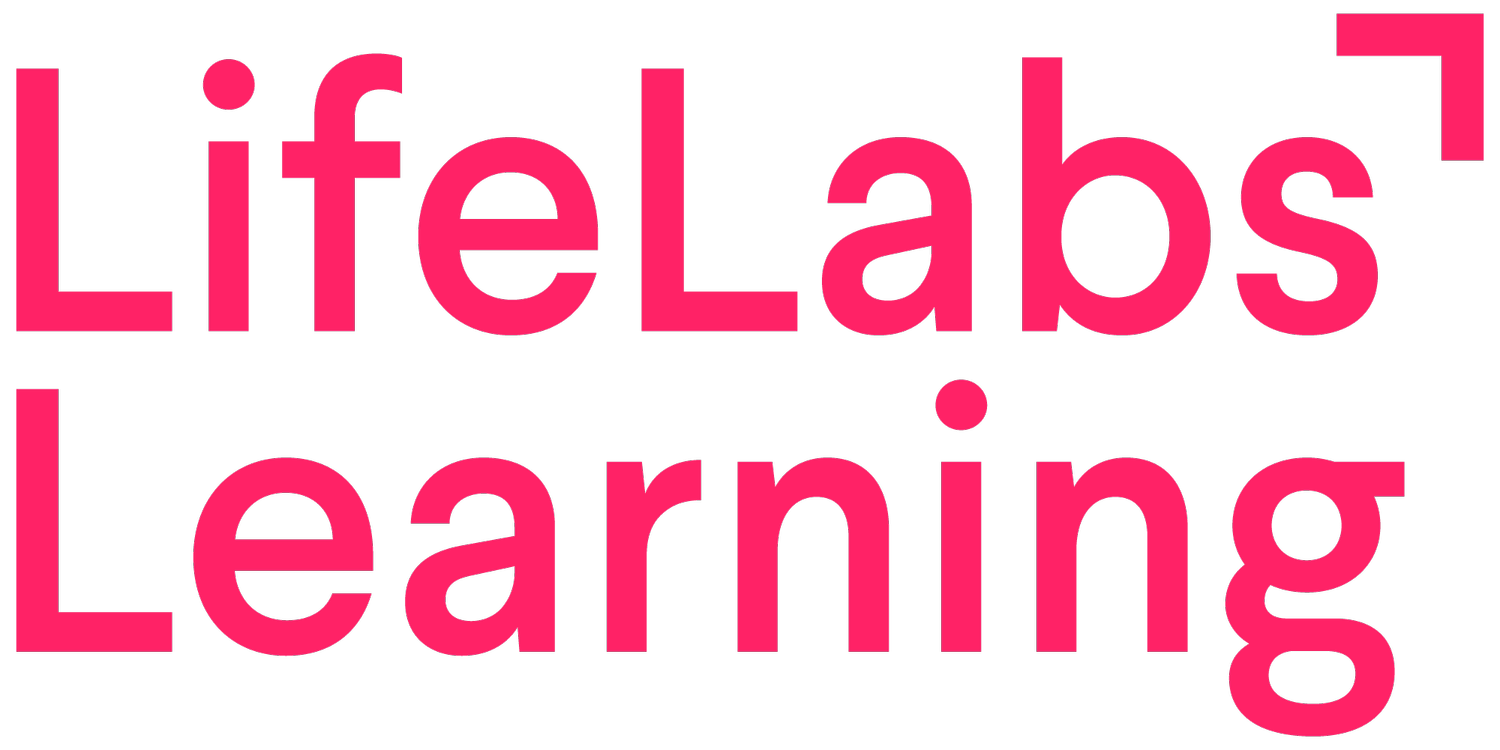Career Growth Without Promotions: How to Support Employee Career Development
Career growth today is less about ‘climbing the ladder’ and more about increasing employability through learning new skills, expanding knowledge, and collecting diverse experiences for long-term career success. This shift offers a fresh way for HR and people ops leaders to boost career development and employee retention, even with limited promotional opportunities.
This blog explores five strategies for how to support employee growth and professional development, fostering a culture where people feel valued and empowered no matter their job title.
A new definition of ‘career growth’
Most companies no longer define career paths for employees. Now, the most successful individuals take ownership of their own career journeys. Employees decide what ‘the next level’ looks like for them – regardless of the development resources and advancement opportunities an organization may offer.
Research shows people who excel in their careers tend to have skills in three areas:
Knowing themselves and their values
Curating a professional network
Proactively developing their skills and knowledge
Encourage employees to set personal development goals beyond job titles. What skills excite them? What passions do they want to explore? By reframing career growth beyond just promotions, you can help strengthen employees’ employability by building "soft" skills – such as communication, collaboration, and strategic thinking – that are transferable and highly valued by employers.
5 strategies to support career development and employee engagement
1. Promote self-awareness with ‘SEO’
Help employees own their growth by identifying their personal SEO – strengths, energizers, and opportunities for development. Just like search engine optimization helps uncover the best results, understanding these key areas guides employees to the right career development paths. Ask them to consider:
Strengths: What skills or talents do you naturally excel at in your role? What feedback have you received about your strongest contributions? What tasks get you excited to come to work each day?
Energizers: What projects make you feel most energized and engaged? Which activities give you a sense of purpose? What do you dive into without hesitation?
Opportunities for development: In which areas would you like to grow or develop further? What skills are essential to your next career goal? What skills or knowledge gaps hinder your progress?
Bonus: Encourage people to share their SEOs with managers and across teams to help others identify opportunities that align with their strengths and interests.
2. Curate an open network
Research shows over 50% of career success is influenced by one’s network. To help employees thrive, encourage them to cultivate an open network – one that includes diverse connections across different departments, industries, and backgrounds, exposing employees to more perspectives and opportunities.
Networking isn’t just attending events or collecting business cards. It’s building meaningful, genuine relationships that can open up new career possibilities and spark fresh ideas. It can also enhance collaboration across the organization!
3. Create a positive personal brand
Encourage team members to focus on credibility, reliability, intimacy, and self-orientation to build trustworthiness and a positive reputation – key elements of employability.
| What It is | What Employees Can Do |
|---|---|
| Credibility is how people see their skills and knowledge | Showcase expertise, share accomplishments, and pursue relevant degrees and certifications |
| Reliability is whether they do what they say they will do. | Keep promises, show up on time, and communicate openly |
| Intimacy is how emotionally safe and comfortable people feel around them. | Asking about others’ feelings, share personal experiences, and prioritize face-to-face time (in-person or virtual) |
| Self-orientation is how much people care about themself over others. (Too much, and reputation suffers!) | Ask more questions, listen more than they speak, proactively look for ways to help |
4. Encourage proactive development
Career growth isn’t passive. Employees need to seek out opportunities that align with both their interests and their company’s needs – we call these high-leverage development areas. And identifying them can increase one’s impact and expand one's future career possibilities.
To do this effectively, encourage team members to:
Go on listening tours: Have employees interview key stakeholders (managers, team members, cross-functional peers) to understand high-value skills better. They’ll learn where their strengths align with business needs and identify gaps that can guide their growth priorities.
Collect the Three Es: This career growth framework centered on education, exposure, and experience allows employees to develop targeted skills that enhance their contributions and future potential.
Want more ideas? Download our Development Depot tool, which includes a 3Es idea bank!
5. Track milestones & progress
Employees who track their development progress feel more motivated and have concrete examples to show when pitching for new opportunities.
Help them track three milestones to get started:
A recent achievement: Have employees identify a skill or achievement they’ve developed in the past 12 months.
A short-term goal: Have them choose a small, actionable 3E milestone to achieve within the next month, like attending a workshop, shadowing a colleague, or taking on a new task.
A long-term aspiration: Guide employees to define a high-level milestone that may take months or even years to accomplish. It should focus on substantial skill or role development.
The Path Forward
Even when promotions are limited, there are countless ways to support employee career development. Career growth today is about collecting knowledge, exploring diverse paths, and continuously building skills. By creating an environment that encourages learning and development, you’ll keep employees engaged, strengthen retention, and drive better business outcomes.
Ready to dive deeper into empowering employee growth?Check out our Career Growth workshop!




